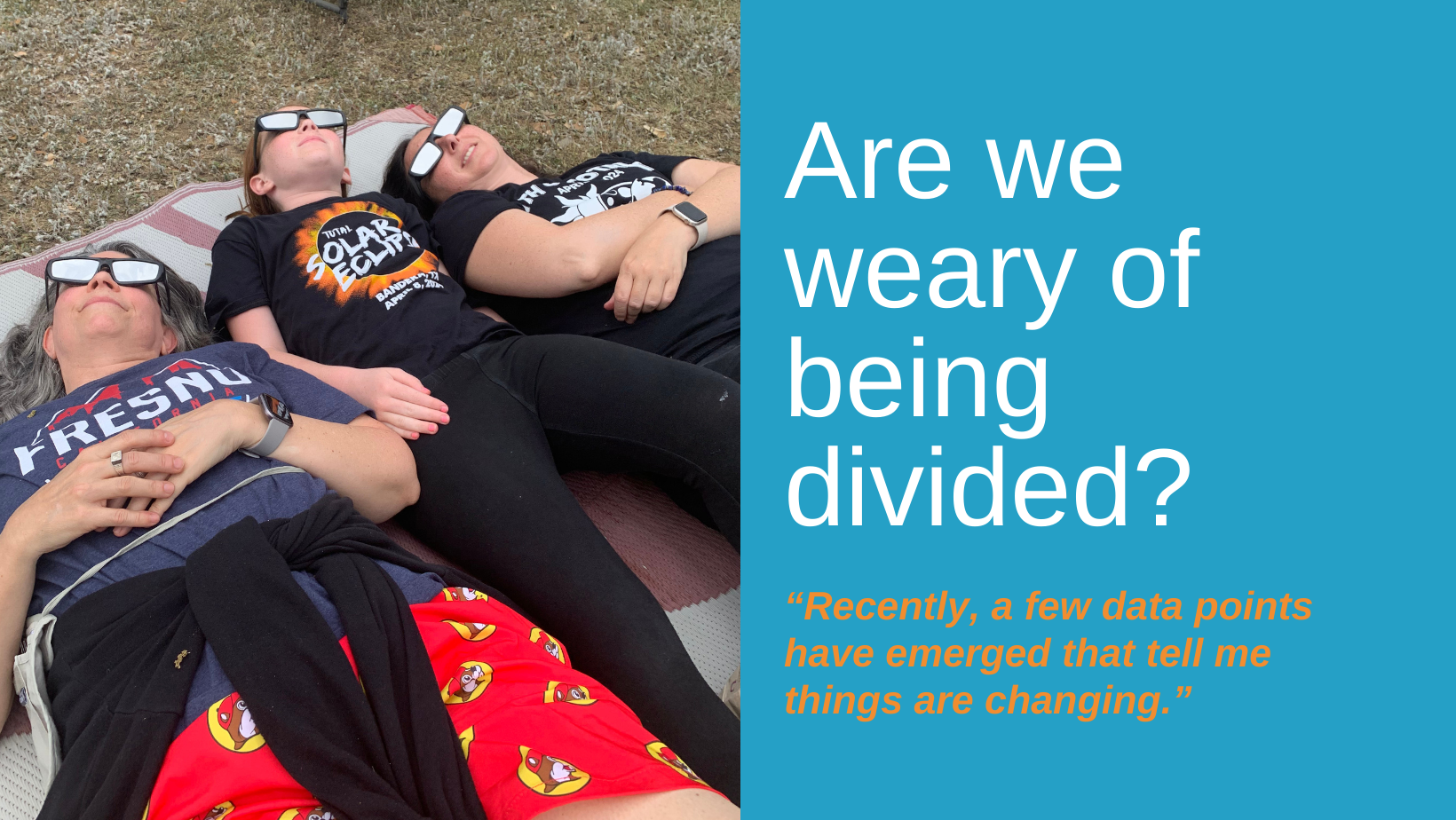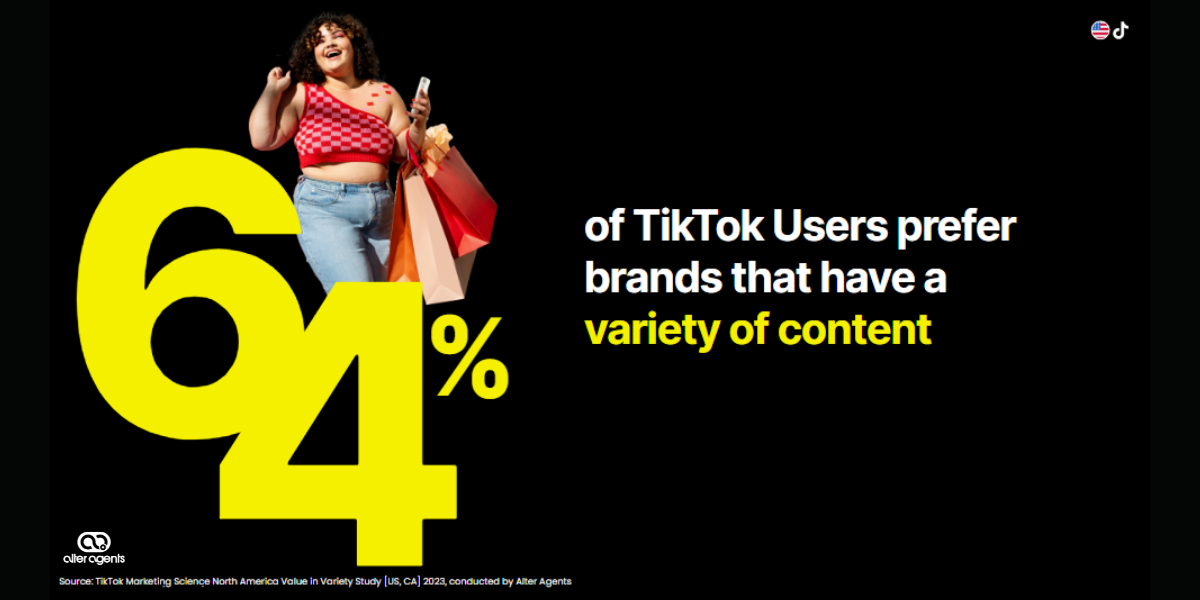
Evolving Market Research: A Lesson from Pew Research Center
Using the renowned Pew Research Center’s new research and framework for generational market research as a jumping off point, our CEO Rebecca Brooks reiterates the need for market research to evolve in her latest column for Forbes. Pew’s new stand is another indicator that reinforces what we’ve been saying for a long time: market research needs to adapt to the changing landscape.
In the article, Rebecca emphasizes the importance of avoiding stereotypes and oversimplifications in research. As for Pew’s decision, she writes that “by choosing not to use the standard generational labels when they’re not appropriate, we can avoid reinforcing harmful stereotypes or oversimplifying people’s complex lived experiences.” This principle can be applied to other research practices, recognizing that traditional approaches may not yield authentic human understanding.
“If the way we are thinking about research is faulty from the get-go, then what chance do we have of providing data that will drive decision-making that serves, at minimum, a brand’s target audience, and, at best, society as a whole?”
Rebecca writes that besides changing the way we approach generational research, we must also take into account things like the decline of brand loyalty and the demise of the traditional shopper journey when seeking meaningful insights. Factors like technology, social change, and economic disruption are changing purchase paths, highlighting the need for a consumer-centric approach. Market researchers must think like shoppers, focusing on authentic consumer understanding rather than brand-centric inquiries. She writes: “The best data will come from questions that seek to authentically understand consumers themselves, and their circumstances, not about the brand.”
She goes into detail about two concepts that were covered in her recent book, Influencing Shopper Decisions, in the article:
- The Evolving Shopper Journey: As Gen Z and other factors reshape consumer behavior, the traditional linear path-to-purchase has faded into history. Shoppers no longer follow a predetermined route but instead engage in a diverse array of interactions and touchpoints driven by personal circumstances and abundant information access. To keep up with this evolving landscape, research must shift from outdated metrics like “awareness, consideration, and loyalty” and embrace consumer-centric models that account for this new reality of shopping.
- The Demise of Brand Loyalty: Traditional research centered on brand attributes and loyalty is out of touch with modern consumer thinking. People prioritize factors other than brand when making decisions, rendering brand-centered questions less valuable. To generate meaningful insights, market researchers should adopt a shopper-centric approach that delves into consumers’ genuine experiences and circumstances, moving away from conventional brand-focused inquiries.
Rebecca concludes with: “Human behaviors and sentiments are constantly changing, as is the context in which they are making decisions. Market research needs to evolve as well in order to deliver authentic human understanding, something that is underlined in bold marker by the Pew Research Center’s latest move to rethink generational silos.”
Read the complete article here: https://www.forbes.com/sites/forbesagencycouncil/2023/08/29/its-time-for-market-research-to-evolve/?sh=77364aca554d
Thought Leadership Updates
Get updates in your email.






